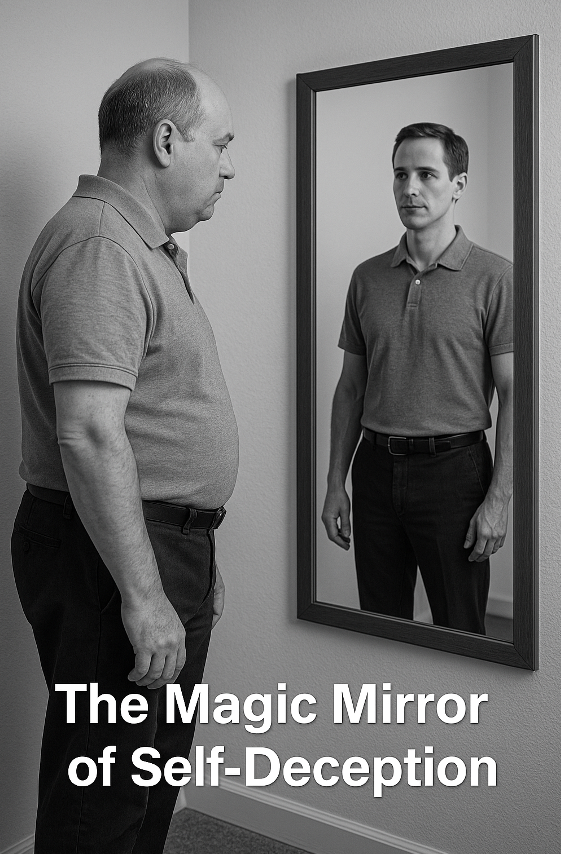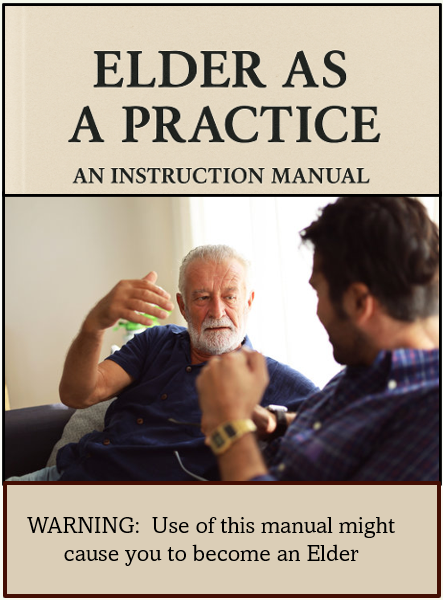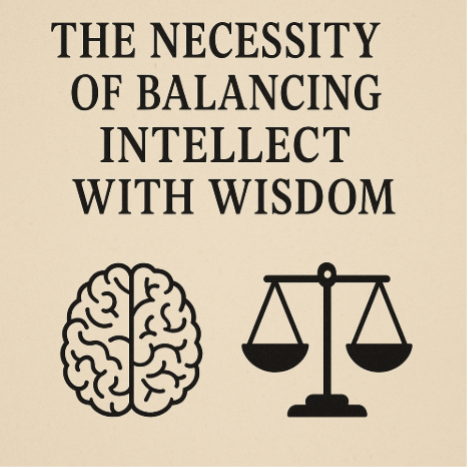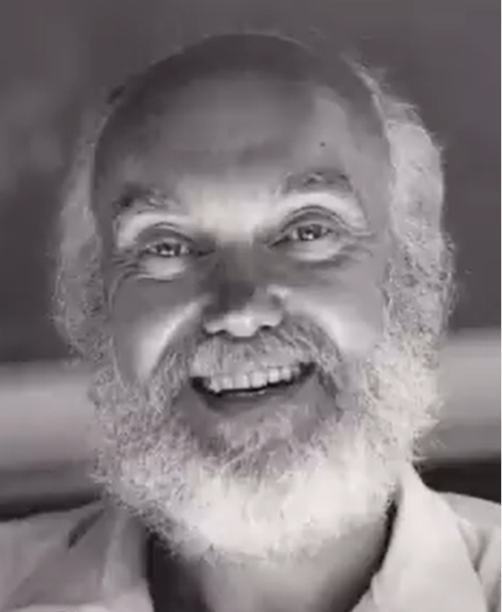DIFFERENCE BETWEEN A SMART LEADER AND A WISE LEADER
Most senior executive leaders are very smart leaders. Smart can be a noun, verb, adjective, or adverb – all having to do with intelligence. Synonyms for smart include bright, sharp, shrewd, astute, quick-witted, perceptive, and discerning.
Smart leaders know how things work and how to get things done with the resources at their disposal. They have learned the rules - written and unwritten - and they know how to apply them. Sometimes, they know how to bend them too to produce results. Hell, they're smart.
But what if the rules don't apply? What if the rules change? What if there are no rules at all? Leading in a world of uncertainty and unpredictable change takes more than being smart: it takes wisdom.
Wisdom requires an existential experience to comprehend the real world in its scope and complexity - rather than the narrower context in which a leader has grown smart.
A wise leader develops an array of sustainable qualities that give rise to her or his wisdom. These qualities are cumulative; therefore, wisdom continues to expand when cultivated.
But in terms of becoming wise, of all the qualities that a wise leader must master, there is one quality that most leaders fail to pursue, and that is mastery of 'self.'
Without self-mastery, smart leaders can never become wise leaders.
SELF-MASTERY
Self-mastery is a critical and fundamental aspect of wisdom and, therefore,
leadership. Self-mastery allows leaders to have conscious influence over their work without being blown off course by feelings, urges, circumstances, disparaging thoughts, competition, or other people.
Self-mastery promotes an internal condition whereby a leader can consciously shape who they are in the moment that delivers authentic leadership, moving others and the company forward?
Self-mastery allows the leader to accomplish their leadership with much less struggle, effort, and hardship.
Self-mastery allows a level of command of a leader's psychological, emotional, and physical selves. Self-mastery manifests itself in enhanced levels of confidence, resilience,and wellbeing.
Self-mastery makes you humble. When you work on revealing "the stranger within." Self- mastery presses you to recognize your humanity. When you allow yourself to see yourself in the most telling light, you empathize and understand others better, enabling you to be a better leader naturally.
Self-mastery allows leaders to handle setbacks and challenges and make effective choices in responding to highly charged situations. It will also model to others the importance of looking after themselves.
Our work model with clients is directed self-examination through a combination of Socratic inquiry and Appreciate Inquiry methodologies. Questions that make leaders look at themselves in ways that reveal themselves to themselves.
The second method is developing self-mastery is getting a clear sense of how other people see you as a leader—gaining feedback - informal or structured.
Feedback from the people around the leader, especially when confidential, uncovers some of the aspects of the leader to which they are often blind.
A wise leader uses this feedback and then takes the steps, which are often the hardest. The leader must look from the possibility those other people's perspectives - what other people said, what others experienced – are a mirror.
The wise leader looks from the point of view that they are causing this response in others. If it's positive and empowering, leaders acknowledge it and expand it. If what others said was negative and disempowering, the wise leader adjusts their behavior and thinking to address it. The wise leader considers what others see as a function of what the leader is putting out—radar out, radar back.











